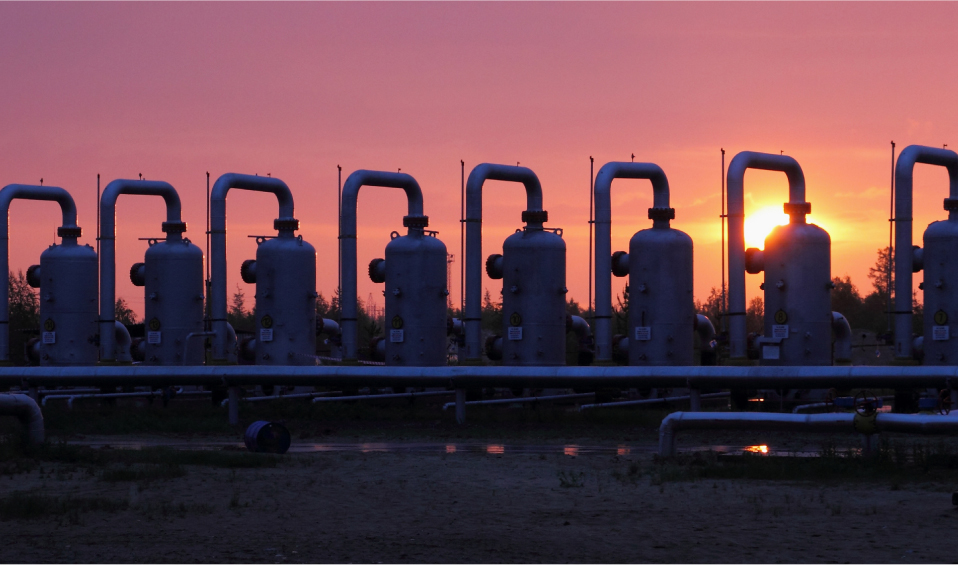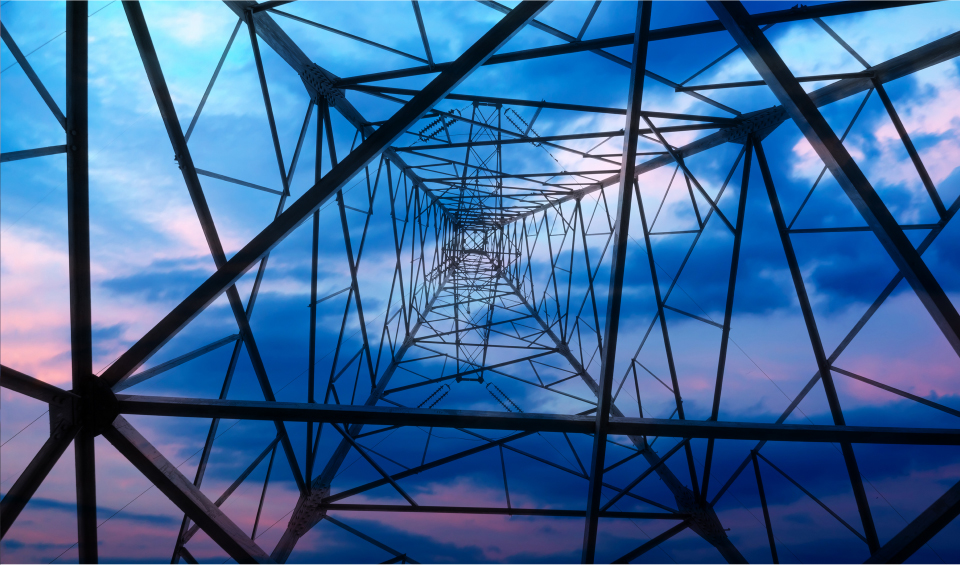
Thanks to ESCP Business School's Energy Management Centre wide network in the academic and business communities, our views on energy news give you comprehensive insight into energy issues.
Please join us...
Venezuela’s Deepening Crisis
With 300.9 billion barrels (bb) of proven oil reserves, Venezuela holds the biggest reserves in the world and also accounts for 92% of Latin America’s reserves. This is 13% bigger than Saudi Arabia’s. Still, the United States Geological Survey (USGS) estimates that there may be more than 513 bb of extra-heavy crude oil and bitumen deposits in Venezuela’s Orinoco belt region.
Venezuela, a country that should be one of the wealthiest in the world, remains mired in deepening crisis. Its currency (the bolívar) has virtually collapsed while its economy shrank by 10% in 2016 and annual inflation is poised to exceed 720% in 2017.
Geopolitics & US Self-Interest
In imposing new sanctions on Russia, the US Congress aimed to punish Russia for its alleged meddling in the US elections in 2016. Still, these sanctions were mostly motivated by US self-interest, geopolitics and blatant US efforts to delay if not prevent Russia’s emergence as the world’s energy superpower.
The target of these sanctions as in the previous ones is Russian banks and companies as well as Russian oil and gas projects. However, the most contentious issue could well be the sanctions on pipelines. Key projects such as Nord Stream II and the TurkStream pipelines are at the very heart of the sanctions.
The US has always been opposed to Nord Stream II, which it views as Russia’s attempt to solidify its hold on Europe’s energy supplies (see Map 1).




527 Finchley Road
London NW3 7BG
United Kingdom
Tel: +44 (0)20 7443 8800
Fax: +44 (0)20 7443 8845
E-mail: [email protected]










